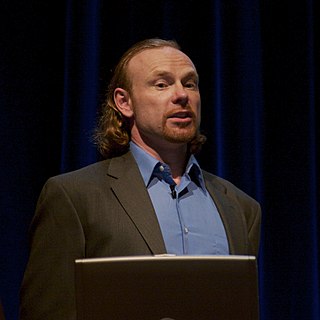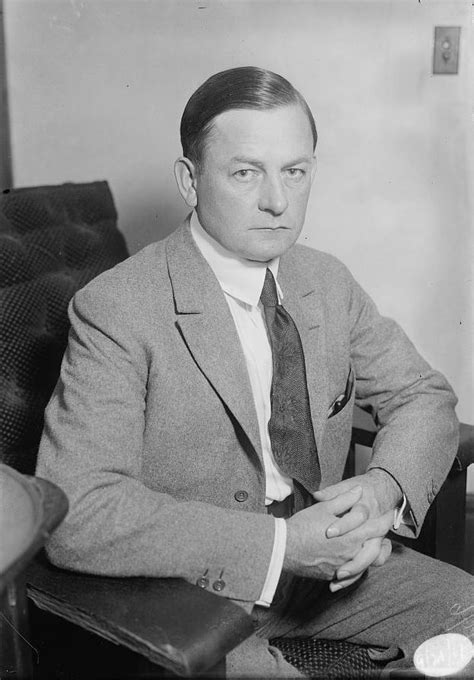A Quote by Horace
The more we deny ourselves, the more the gods supply our wants.
[Lat., Quanto quisque sibi plura negaverit,
A dis plura feret.]
Related Quotes
We exist for ourselves, perhaps, and at times we even have a glimmer of who we are, but in the end we can never be sure, and as our lives go on, we become more and more opaque to ourselves, more and more aware of our own incoherence. No one can cross the boundary into another – for the simple reason that no one can gain access to himself.
Selfishness is like a disease that suffocates our capacity to love. While love asks us to deny ourselves for the sake of another, selfishness demands we put ourselves first at their expense. When we choose to be self-centered, we become less kind and content—more needy, sensitive, and demanding. More unsatisfiable. Moodiness and impatience, laziness and irresponsibility, are only selfishness in disguise.



































